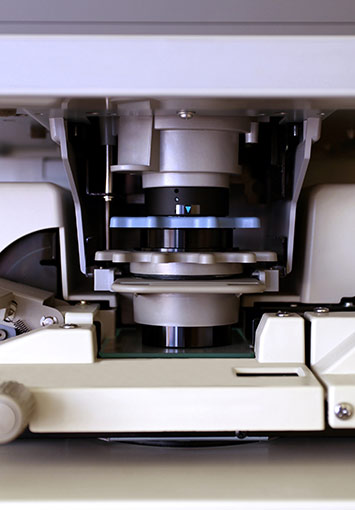Article Category
Document Scanning & Data Capture
Everything you need to know about the benefits of document scanning.
Get tips and tricks to help you better manage your data and rid your organization of antiquated paper processes. Learn about the advantages of going paperless.
Dental practices are increasingly adopting records scanning to streamline patient record management and enhance data security. By digitizing records, dentists can improve access to important information, safeguard patient privacy, and create a more efficient workflow for their staff.
Law firms handle an immense volume of paperwork, making efficient record management a challenge. Legal scanning services provide a practical solution, helping firms transition to a paperless practice while improving accessibility, security, and compliance with industry recommendations.
Managing medical records is a significant challenge for healthcare facilities, which must handle an overwhelming amount of paperwork on top of standard business documents. Medical records scanning offers a practical solution, helping practices streamline workflows, improve accessibility, and focus on providing quality patient care.
Managing paper records has been a longstanding practice, but it comes with significant challenges. From rising storage costs to inefficiencies in organization and access, paper can hold businesses back. Outsourced document conversion services provide a practical solution, helping companies streamline processes and transition to secure, searchable digital records.
Maintaining accurate and accessible records is crucial for law enforcement agencies, from police departments to probation offices. Scanning services help streamline record management, ensuring officers and staff can access the information they need quickly and securely, whether in the office or out in the field.
Documents often contain sensitive information, from personal data to financial details, that needs to be kept confidential. In many cases, though, these documents still need to be shared with others, whether it’s within a legal team, regulatory bodies, or even courts. Redaction helps protect privacy by removing or obscuring specific details that shouldn’t be disclosed
For many businesses, managing invoices can feel like an uphill battle. Paper invoices pile up on desks, while digital ones are lost in a sea of email threads. Keeping everything organized and efficient is no easy task, but invoice scanning can make it a whole lot easier. Invoice scanning is a straightforward yet effective way
Businesses accumulate mountains of paper documents as a part of their day to day operations. From contracts and receipts to employee records and tax documents, this paperwork is an unpleasant but unavoidable part of running a business. More often than not, these documents end up piled high in a back room somewhere or stuffed into
For most of the twentieth century, microfiche and microfilm were the preferred methods used to store images, blueprints, schematics, maps, and other important documents for extended periods of time. At the peak of its popularity, there was no other format with the same versatility or longevity. Microform technology made it possible to reduce documents on
Once a ubiquitous solution for preserving important documents, microfilm was, at one time, the go-to storage medium for libraries, legal firms, healthcare institutions, and government agencies.
However, the scarcity of microfiche readers and scanners today can make accessing and using this data challenging.









